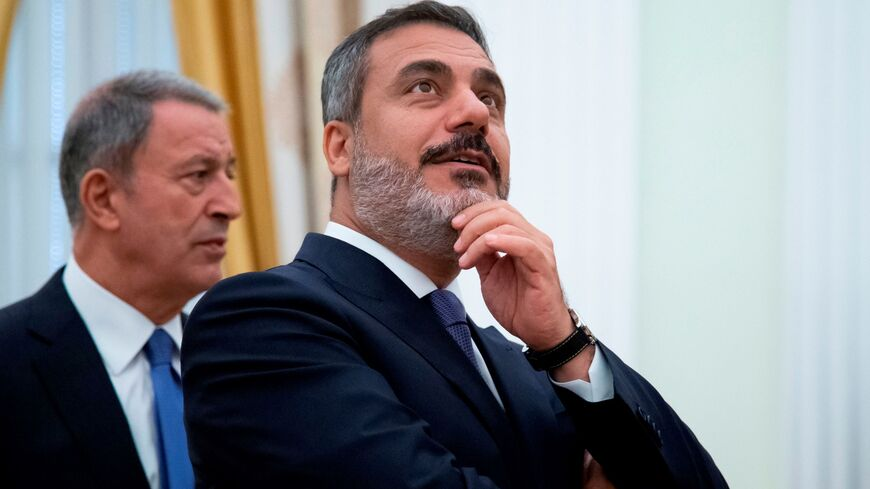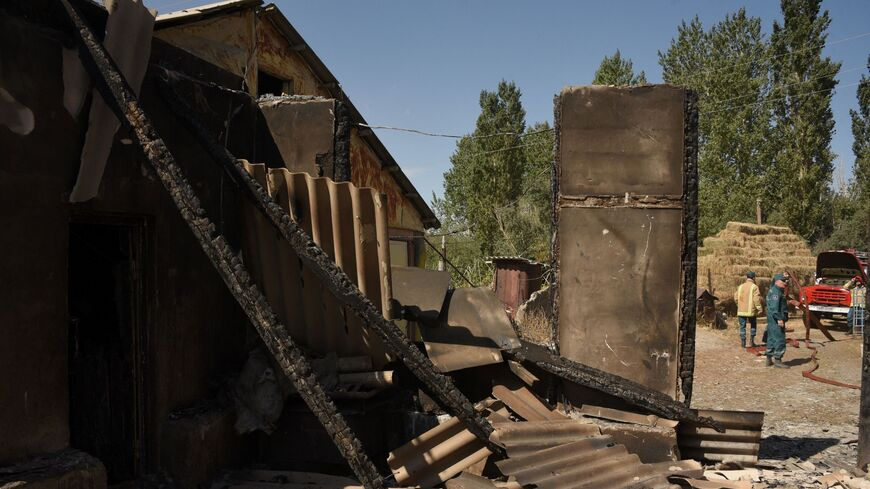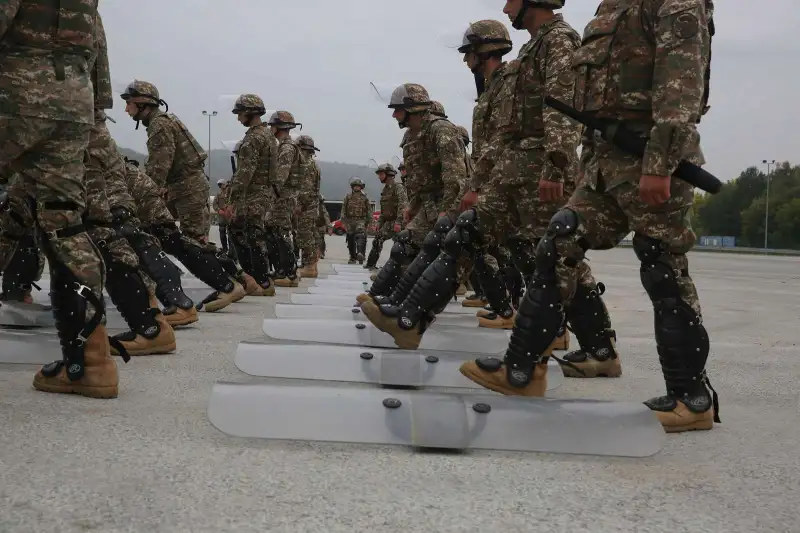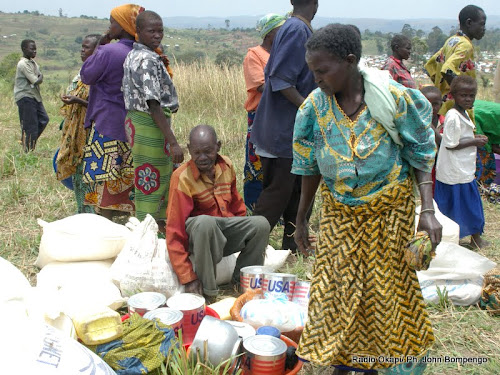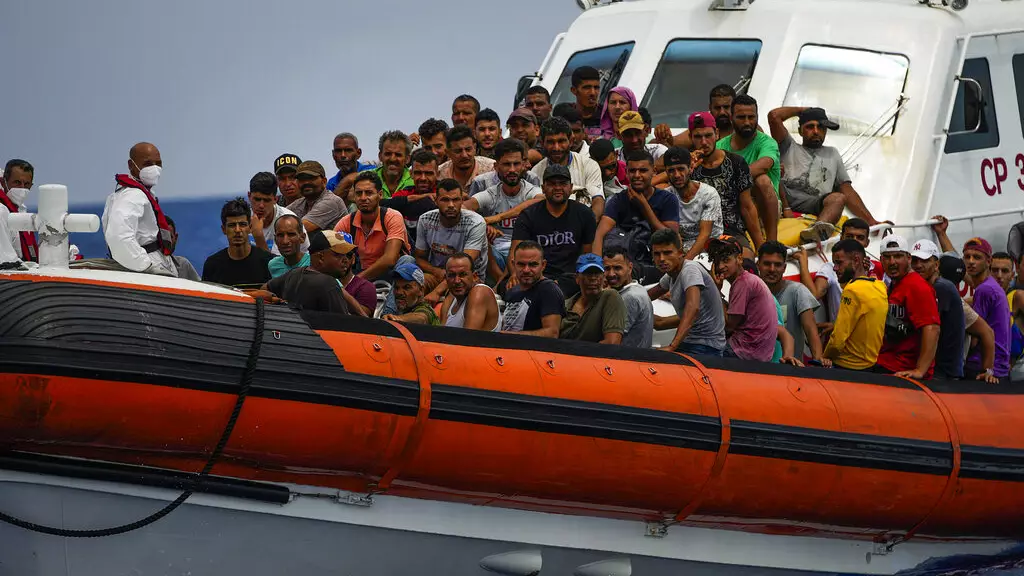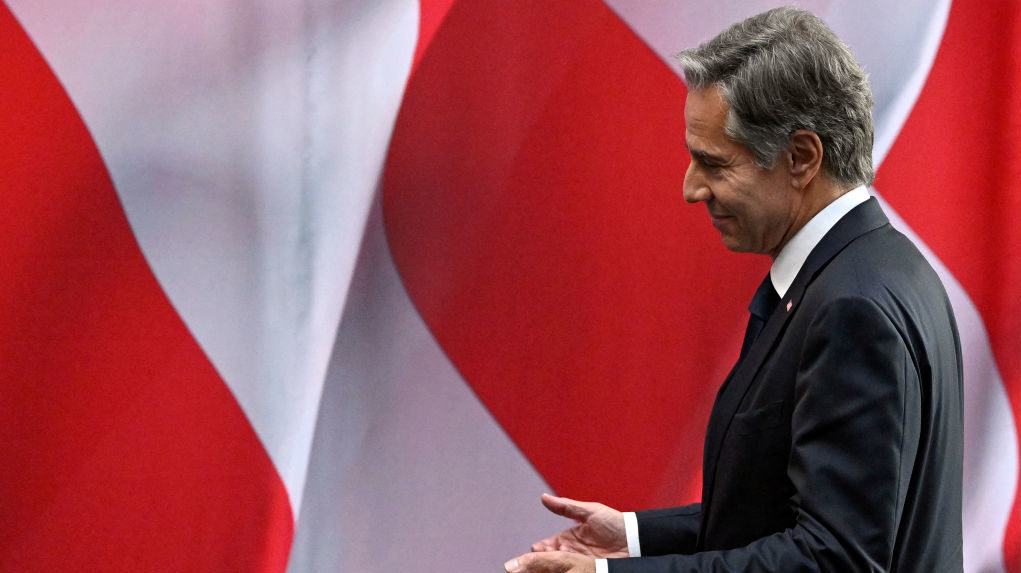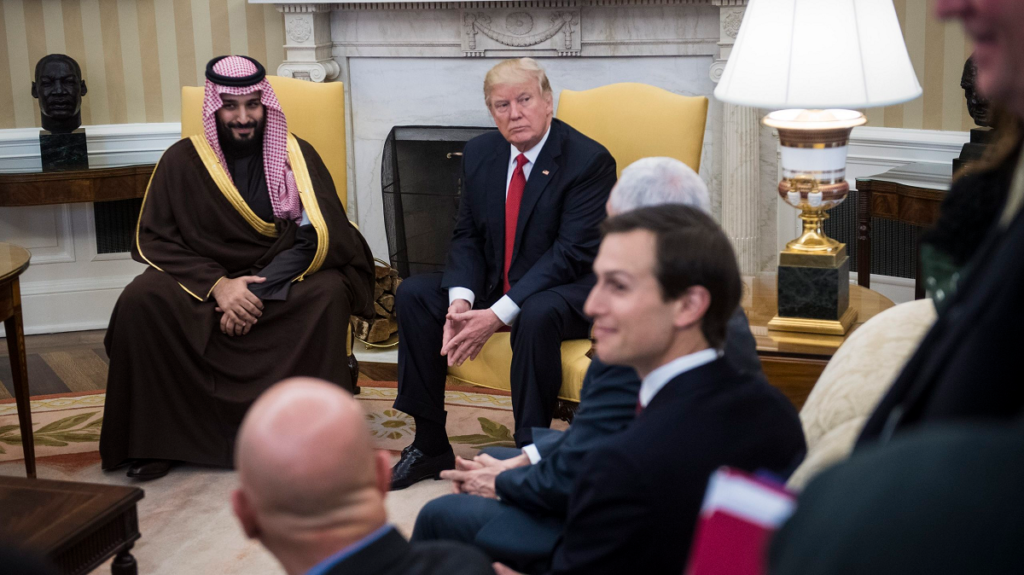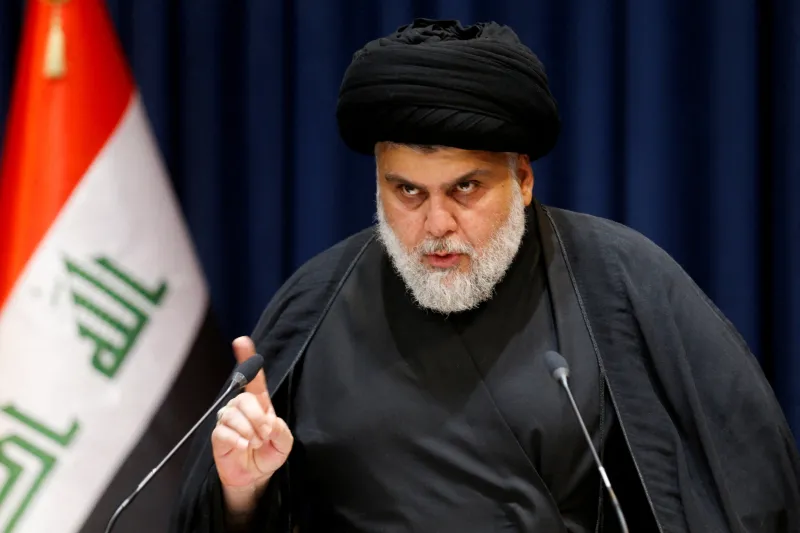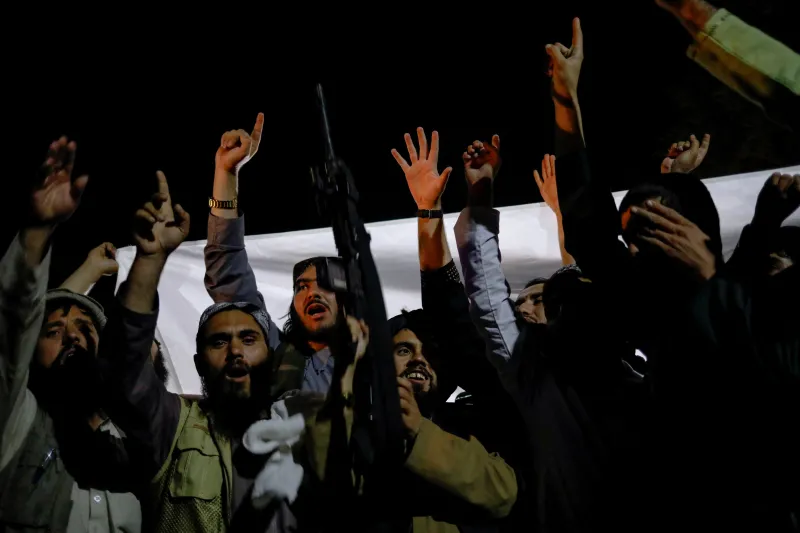Why Russia’s Vladimir Putin is rooting for Turkey’s Erdogan
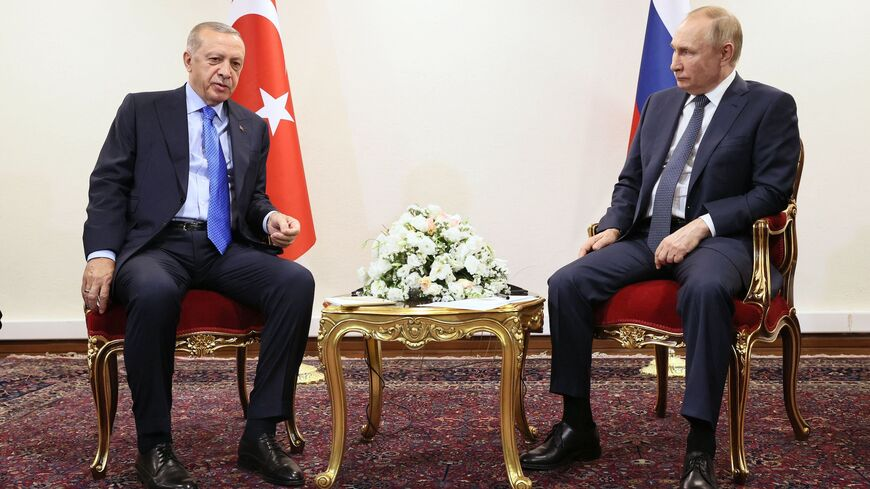
Recep Tayyip Erdogan’s “pro-Russian tilt” has grown louder in recent weeks, as Vladimir Putin clearly looks for Erdogan to stay in power.
Turkey’s President Recep Tayyip Erdogan faces the biggest challenge to his nearly two decades of uninterrupted rule as galloping inflation, a wilting national currency and resentment toward Syrian migrants sap his popularity — and one world leader is watching closely: Russia’s Vladimir Putin.

